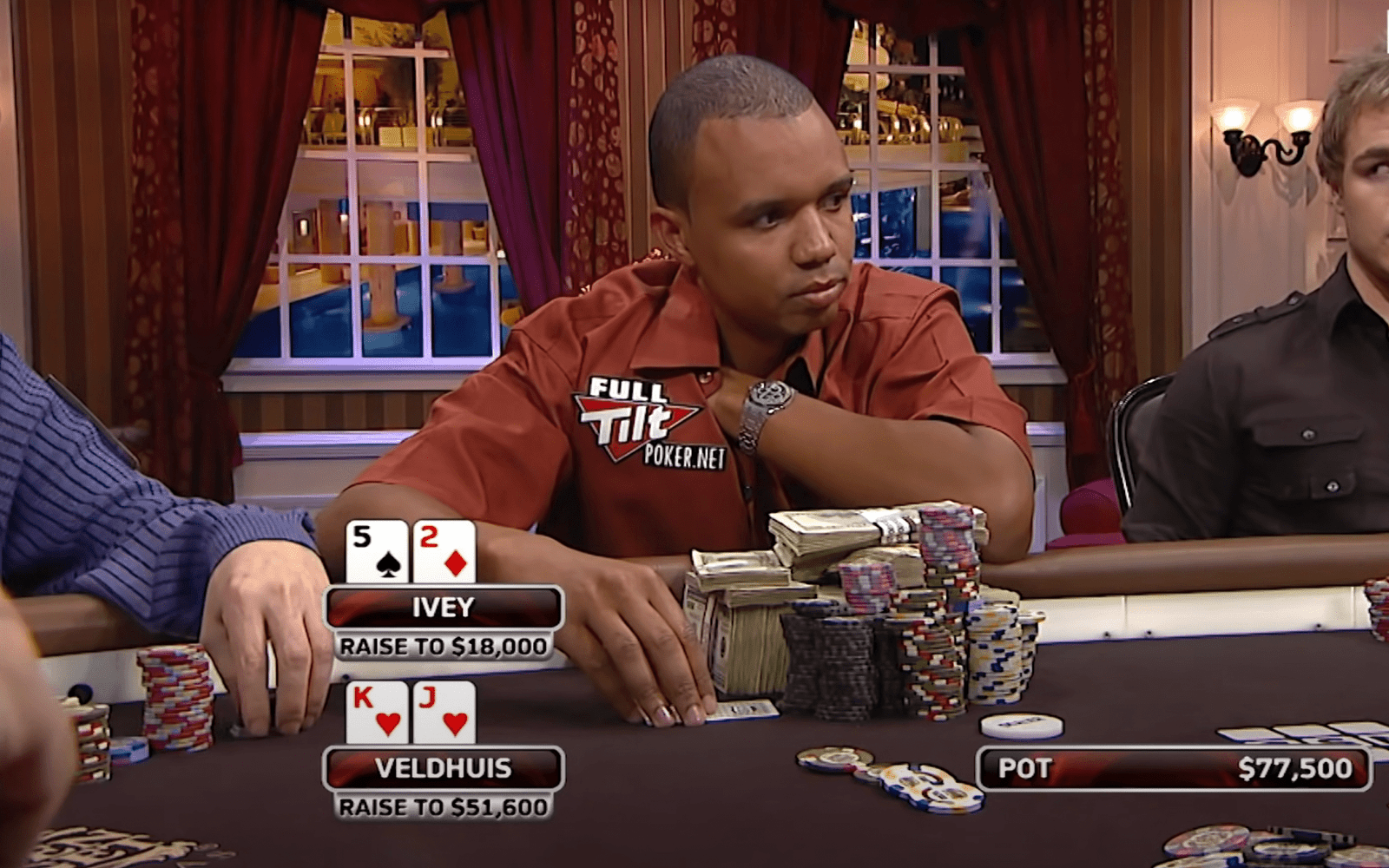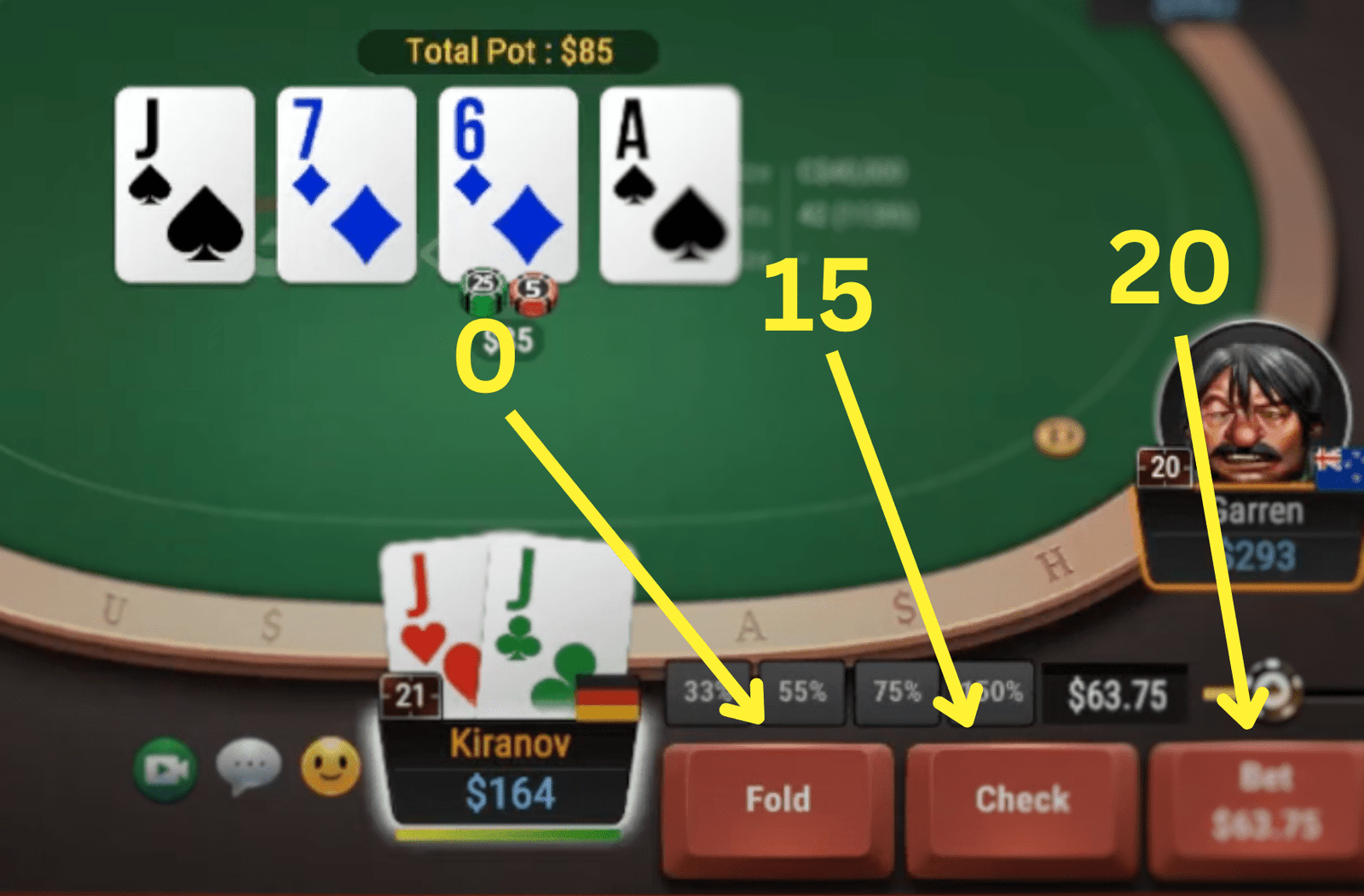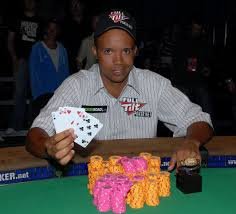Beginner's Poker Course Part 1: If God Would Be Your Guide
Welcome to the first article of this comprehensive beginner's course on the exciting game of No Limit Texas Hold'em cash games.
A little note here:
You could call this a crash course in No Limit Hold'em because we are aiming to bring you from zero to hero at a rapid pace. With that in mind, we are starting from the absolute beginning, and the first two articles will cover the concept of Expected Value (EV), with this first article leading into that concept. If you are very familiar with this concept and with the overall objective of the game of poker, feel free to skim or skip toward article 3, where we will get more practical and start covering actual play, namely the first betting round (preflop).
We'd appreciate it, however, if you move on with this first article if you don't fully grasp the concept of EV, since these first two articles will let you understand it well, and it is arguably the most important concept in poker.
With that being said, I am assuming you are familiar with just the basic rules of the game. Perhaps you've watched a few hands on TV and noticed that players often open-raise rather than open-limp, and you've likely learned that pocket aces are considered the best starting hand. You may also be aware that a hand like:


…is generally better than…


Beyond these observations, I will consider you a beginner and teach you the fundamental workings of the game from the ground up. Be prepared to gain a solid theoretical understanding through this course before you actually dive into real-world games with our complementary video series.

We will address the most important concepts through this series of 8 articles and try to connect them in your mind so that by the end, you will have a full understanding of how the game works and how to best approach it.
Let's begin by establishing a strong foundation, starting with the fundamental objective of poker, to ensure you have a solid base to build upon.

Winning the Most Money in Poker
Let's get right into it. Like any game, poker is about winning, and winning the most; specifically, it's about winning the most money. 'Duh,' you may think, but let's give you a simplified perspective that will actually be useful to take along with you on your poker learning journey.
Let's say we need to make a decision with pocket aces. We have:


The action has been straightforward: we raised before the flop (which we will refer to as 'preflop' from now on), and someone has called our raise. We will now go heads-up (one-on-one) to the flop. The flop has been dealt:



Let's say we're first to act. We have to make a decision. Our options are: Fold, Check, or Bet. When we bet, we can decide how much to bet because this is no limit hold'em. This doesn't give us just three options, but many more, as we also get to decide the bet size if we choose to bet. Remember, this is not fixed limit hold'em!
In either case, we should keep in mind that our objective here is to win the most. This is the goal in poker. We want to make the most money in the long run, and we will do that by making decision after decision.
Now what about those decisions?

Let's imagine that God, or the Universe if you prefer, allowed you to cheat. Knowing all, He or It would give you the decision that wins you the most. He probably wouldn't just tell you which action to take; instead, He would want to provide more information than that! He would attach a number to each of your decisions.

God is a math genius, that's for sure. So, the numbers He uses to let you cheat and win the most in the game definitely come from math — that much is clear.

A simplified perspective on how to win at the game could simply be to always take the action with the 'highest number.' If the Universe were giving you perfect numbers, you would win the most in the long run.
Making Optimal Decisions
But how do you know which decision has the highest number attached to it, without any help? That is the journey you have to take, from your current level to a God-like level—a level you will likely never reach (because nobody is Rainman, right?).

Ok, so we can never attach the right number to our decisions every time; the game is just too complex for that. But we can certainly put in our best efforts to come close, using our 'watery' brains.
In the end, and certainly at the highest levels of the game, the person who comes up with 'the best numbers' and consistently chooses the actions they deem to have 'the highest numbers' will be the best in the game.

Let's get concrete, now. Nobody can give you the perfect numbers; you would have to figure them out yourself. What will that journey look like? 'Am I even capable of refining my "numbers" in order to win at the game?' I'd say yes, you are capable. As long as you play against players who are simply worse than you at coming up with good estimates of the best actions, and consistently play worse than you do.
You don't have to be God or Rainman to win at the game. All you have to do is play in games against players who come up with worse 'numbers'. Or better yet, play against those who are not even concerned with numbers, who take actions at random or by 'feel', and who do not have a good understanding of the game like you will if you keep following this course. You should play against players who make poorer decisions than you—decisions that do not have the highest number attached to them, whereas you would consistently choose the decision that does, most of the time. That is how you win in the long run!

In the next article, we will get even more concrete and practical. I know that's what you need after this abstract, ethereal-toned first article. Click here for the next one to discover how to take our first efforts to approach the right numbers and make optimal decisions in poker.

